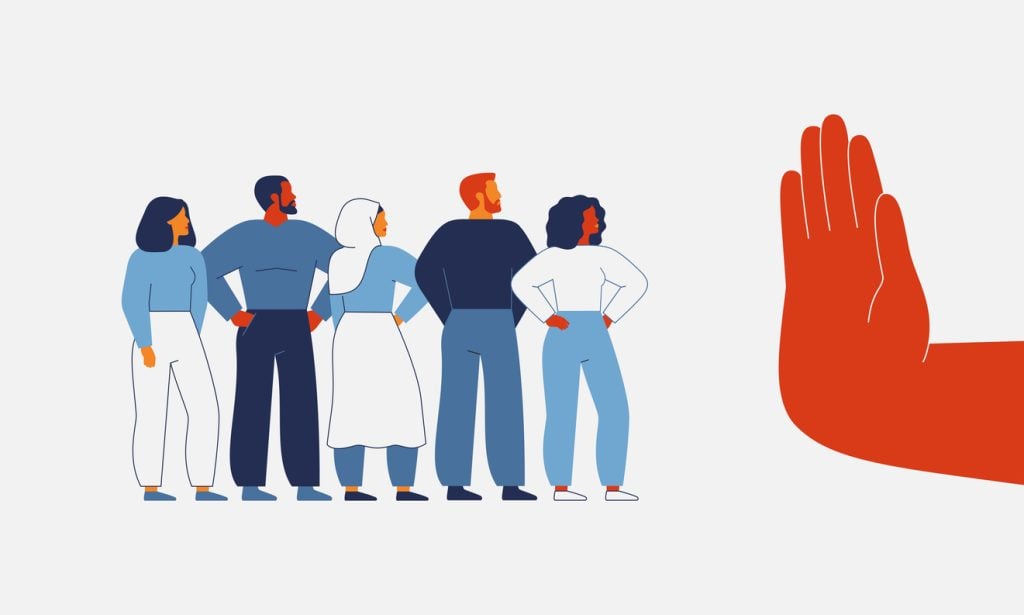

Supreme Court To Decide Whether You Can Be Fired For Not Looking Feminine Enough

 Aimee Stephens, a transgender individual, worked as a funeral director at R.G. & G.R. Harris Funeral Homes in Michigan. The funeral home terminated Stephens’ because of its subjective perspective on what women at work should look like. Essentially, Stephens’ employer felt that transgender women are not feminine enough. The funeral home owner, Thomas Rost, testified that he has “yet to see a man dressed up as a woman that I didn’t know was not a man dressed up as a woman,” thereby violating the standards of his business’s dress code for female employees. Stephens is now bringing forth a lawsuit to be heard by the Supreme Court to decide whether this action constitutes illegal workplace discrimination. Some experts now say that this Supreme Court ruling could affect non-transgender women as well, potentially allowing employers to legally fire any woman who is not feminine enough.
Aimee Stephens, a transgender individual, worked as a funeral director at R.G. & G.R. Harris Funeral Homes in Michigan. The funeral home terminated Stephens’ because of its subjective perspective on what women at work should look like. Essentially, Stephens’ employer felt that transgender women are not feminine enough. The funeral home owner, Thomas Rost, testified that he has “yet to see a man dressed up as a woman that I didn’t know was not a man dressed up as a woman,” thereby violating the standards of his business’s dress code for female employees. Stephens is now bringing forth a lawsuit to be heard by the Supreme Court to decide whether this action constitutes illegal workplace discrimination. Some experts now say that this Supreme Court ruling could affect non-transgender women as well, potentially allowing employers to legally fire any woman who is not feminine enough.
Supreme Court To Decide Whether Transgender Discrimination Is Legal
Stephens’ lawsuit argues that the funeral home violated Title VII of the 1964 Civil Rights Act by firing a transgender employee for not being feminine enough. Transgender status is not an explicitly protected class under the law. However, the law forbids sex discrimination in the workplace. Stephens’ lawyers argue that discrimination against transgender people constitutes a form of illegal sex discrimination under the Civil Rights Act. Opponents argue that gender identity is a separate category than biological sex under the law. This October, the Supreme Court will rule whether employers can legally discriminate on the basis of whether someone is transgender.
Can Non-Transgender Women Be Fired For Not Being Feminine Enough?
Some argue that, if the court rules against Stephens, an unexpected precedent will be set, not only for transgender people, but also for non-transgender women. Stephens was fired because of an inability to conform to an employer’s subjective perspective on what women in the workplace should look like. If Stephen’s firing was legal, some argue that every woman in the United States would have to conform to her employer’s subjective idea of how feminine a woman must be if she wants to keep her job. For example, an ACLU attorney recently stated that a ruling against Stephens could allow employers to legally force female employees to wear skirts to work. Those arguing against this view say that gender stereotyping is illegal under the Civil Rights Act, so non-transgender women would still be protected under the law.
Seek Legal Assistance Today
If you have experienced sex discrimination in the workplace, seek legal assistance today. The Working Solutions Law Firm, located in New York City, can assist you. Contact us today at (646) 430-7930 to schedule a free case evaluation and receive experienced legal counsel.


